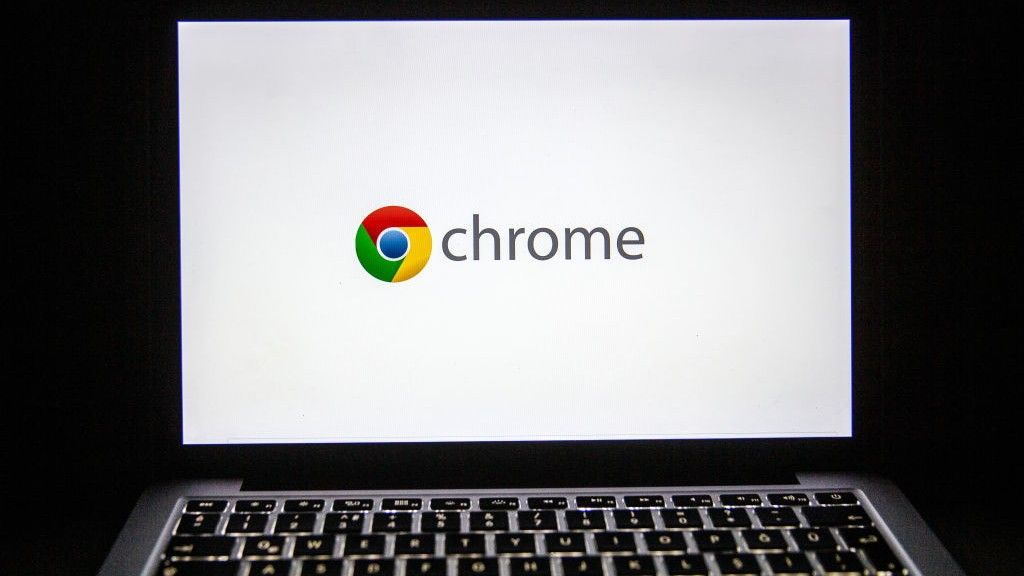Google ad-tracking tech experiment on Chrome spies on you — find out if you're a test subject
Google might be testing its new FLoC advertising tool on you

Google has taken its first steps towards phasing out third-party cookies to stop tracking users' browsing activity for targeted ads on Chrome. Now, it's starting to roll out a new approach to interest-based advertising in the form of Federated Learning of Cohorts (FLoC), but it's reportedly already been deployed to millions of unsuspecting Chrome users.
While the tech giant's new FLoC feature aims to improve user privacy while also supporting publishers with an advertising business tool, non-profit organization Electronic Frontier Foundation (EFF) believes it's a terrible idea.
- Google Pixel 6: Price, release date, specs, and all the latest details
- Check out the best VPN services of 2021
- Best mobile phone deals in April 2021
The company, established to defend civil liberties in the digital world, claims Google's FLoC will create new privacy problems and will make predatory advertising targeting even worse. The EFF was not too happy to hear Google kick off its developer origin trial to test the ad-tracking feature on random Chrome users without their consent.
So, it made its own tracking software to detect if you're a test subject in the trial via Am I FLoCed?. According to Google, a small percentage of Chrome users in Australia, Brazil, Canada, India, Indonesia, Japan, Mexico, New Zealand, Philippines, and the U.S. are in on the trial. If you're suspicious, you'll want to check if you're a part of it.
Take note that unless you have Chrome 89 to 91 installed, you'll automatically be opted out of the trial. Google's ad-tech experiment will end on July 14.
What is FLoC?
As previously reported, FLoC is Google's new interest-based advertising tech used in Chrome browsers. it provides a "cohort label" shared by thousands of people with similar browsing habits to aid in interest-based online advertising. Instead of tracking users individually, the ad-tech uses browsing history to present relevant ads to large groups (a.k.a. cohorts).
Chrome will find a way to pitch relevant ads to users by observing cohorts with similar browsing behavior rather than tracking individuals. This is Google's solution to eliminate the need for third-party cookies that allow companies to track individual users across multiple sites. Google also makes it clear that "FLoC doesn’t share your browsing history with Google or anyone."
While the new ad-tracking system is still being tested, Google will see if FLoC offers satisfactory results for advertisers.
Is FLoC bad?
Google has largely been criticized for its ad-tracking policies. Its FLoC system is a step in the right direction as the tech giant acknowledges that third-party cookie tracking is on its way out. However, the EFF believes the new tracking technology is still an intrusion of privacy as advertisers will still be able to target users based on how they browse the web.
That said, Google has a way to opt-out and block FLoC from being used on Chrome. You can do this by disabling third-party cookies on the current version of Chrome. Google also says it will "introduce a control in Chrome Settings that you can use to opt-out of inclusion in FLoC and other Privacy Sandbox proposals."
Or, you could start using another browser such as Microsoft Edge or Mozilla Firefox if you're not interested in FLoC at all. The latter even launched a new intelligent tracker blocking mechanism that stops third-party tracking.
Stay in the know with Laptop Mag
Get our in-depth reviews, helpful tips, great deals, and the biggest news stories delivered to your inbox.

Darragh Murphy is fascinated by all things bizarre, which usually leads to assorted coverage varying from washing machines designed for AirPods to the mischievous world of cyberattacks. Whether it's connecting Scar from The Lion King to two-factor authentication or turning his love for gadgets into a fabricated rap battle from 8 Mile, he believes there’s always a quirky spin to be made. With a Master’s degree in Magazine Journalism from The University of Sheffield, along with short stints at Kerrang! and Exposed Magazine, Darragh started his career writing about the tech industry at Time Out Dubai and ShortList Dubai, covering everything from the latest iPhone models and Huawei laptops to massive Esports events in the Middle East. Now, he can be found proudly diving into gaming, gadgets, and letting readers know the joys of docking stations for Laptop Mag.